 A Most Unlikely Duke (Diamonds in the Rough, #1) by Sophie Barnes
A Most Unlikely Duke (Diamonds in the Rough, #1) by Sophie Barnes Formats available: paperback, ebook
Series: Diamonds in the Rough #1
Pages: 384
Published by Avon on June 27th 2017
Purchasing Info: Author's Website, Publisher's Website, Amazon, Barnes & Noble, Kobo, Bookshop.org
Goodreads
He never thought he'd become a duke, or that the secrets of his past would cost him his greatest love...
Raphe Matthews hasn’t stepped foot in polite circles since a tragedy left his once-noble family impoverished and in debt. The bare-knuckle boxer has spent the last fifteen years eking out an existence for himself and his two sisters. But when a stunning reversal of fortune lands Raphe the title of Duke of Huntley, he’s determined to make a go of becoming a proper lord, but he’ll need a little help, and his captivating neighbor might be just the woman for the job…
After her sister’s scandalous match, Lady Gabriella knows the ton’s eyes are on her. Agreeing to tutor the brutish new duke can only lead to ruin. Although she tries to control her irresistible attraction to Raphe, every day she spends with him only deepens her realization that this may be the one man she cannot do without. And as scandal threatens to envelop them both, she must decide if she can risk everything for love with a most unlikely duke.
My Review:
A Most Unlikely Duke is a surprisingly likely source of fun. It takes one of the standard tropes and turns it on its head, then beats it to a satisfying pulp – just as its hero does with any contenders for his bare-knuckle boxing crown.
That is part of what makes this particular duke so very, very unlikely. Raphe Matthews and his two sisters have survived in one of London’s worst neighborhoods, St. Giles. (If that name sounds familiar, St. Giles is also the setting of Elizabeth Hoyt’s marvelous Maiden Lane series. And that’s also a read-alike suggestion – anyone who enjoys the Maiden Lane series will also like Diamonds in the Rough.)
Raphe and his sisters Amelia and Juliette used to be gentry, once upon a time. But when their father died in debt and their mother abandoned them, Raphe and his sisters were forced into poverty. Raphe eventually grew into his work at the dockyards and his career as a bare-knuckle brawler, and now they have a measure of comfort. They’ve adapted to their surroundings, and most people forget that where they are isn’t where they came from.
Until Raphe receives a letter informing him that, due to a quirk of the law and a series of unfortunate events, he is now the Duke of Huntley. It’s a shock. It’s a surprise. It’s not even something that Raphe wants for himself. He hates the gentry and has no desire to become one. But he loves his sisters, and the wealth and power that comes with being a Duke will make their lives much, much easier. And considerably a whole lot safer. And they can all stop wondering where their next meal is coming from – an all too frequent occurrence during their early days in St. Giles.
All they have to do is learn to play the parts that they were born for, but have outgrown and discarded along the way.
That’s where Gabriella Warwick comes in. Lady Gabriella remembers all too well what it was like to be condemned by society, not for something she did, but for something that she is. She has a fascination with insects, and studies entomology in her spare time. Time that she used to have much more of, before her older sister made a scandalous marriage and nearly ruined the family’s social standing. Gabriella’s parents are determined to mold her into the proper young woman she was never quite meant to be, and seem perfectly willing to crush her into submission. She is dutiful but miserable.
When Raphe and his sisters arrive on the scene, she finds Raphe compelling, but it is his sisters to whom her heart reaches out. After the past year she has spent having social lessons drummed into her nearly 24/7, she is capable of teaching them what they need to know to have half a chance in society. And she wants to keep them from suffering the stings of social opprobrium as much as possible.
But spending time with the Matthews sisters necessitates spending time with Raphe Matthews as well. And she likes his unaffected manners as much as he likes the enthusiastic woman who occasionally peeks out from behind the socially polite mask she has been forced to wear.
They discover that they belong together – but only if they can weather the storms that threaten to drive them apart at every turn.
Escape Rating B: The “lessons” trope is one that I’ve always liked. As I read A Most Unlikely Duke I had the feeling that I had read a similar story before – it’s a pretty common trope. Likewise, the device where an unlikely hero is suddenly elevated to the peerage has also been done before. I think what made A Most Unlikely Duke so much fun was the way that those lessons in deportment took place between Gabriella and Raphe’s sisters, rather than Raphe himself. Not that Raphe didn’t need the help, because he most certainly did, but because Gabriella’s fellow feeling was for the young women. Raphe got his lessons elsewhere.
Part of what worked for me in this story was the way that Raphe merely takes on protective coloration, and only but so much of it. He changes his manners, but he never loses sight of the fact that all of the social rules and meticulous etiquette are just so much bunk. He does what he has to, but he never loses himself, and he makes friends because of that authentic self.
And it’s that authentic self that Gabriella comes to love. Not just because Raphe is way more real than the fop her parents want her to marry, but because Raphe loves the person she really is as she is, and not the person that her parents and society expect her to be. Loving Raphe sets her free, where the man her parents chose for her wanted to break her spirit. He’d probably treat his horses better – because he valued them more.
 There were any number of times during the course of this story where it kept toeing up to some of the expected traps, but didn’t fall in. There were a few too many occasions where it looked like Gabriella was going to cave in and do what her parents wanted. And when she dithered about it, the story dragged a bit. Her forced engagement to the pompous ass was one of the very low points. While her desire to get out of it without risking further social ruin felt real, it kept things on tenterhooks a bit longer than I would have liked.
There were any number of times during the course of this story where it kept toeing up to some of the expected traps, but didn’t fall in. There were a few too many occasions where it looked like Gabriella was going to cave in and do what her parents wanted. And when she dithered about it, the story dragged a bit. Her forced engagement to the pompous ass was one of the very low points. While her desire to get out of it without risking further social ruin felt real, it kept things on tenterhooks a bit longer than I would have liked.
But all in all, A Most Unlikely Duke was a fun read for a long day of waiting in airports. I liked the cast of characters, and I’m looking forward to Amelia’s story in The Duke of Her Desire, coming just in time for a cozy Xmas read.

~~~~~~ TOURWIDE GIVEAWAY ~~~~~~


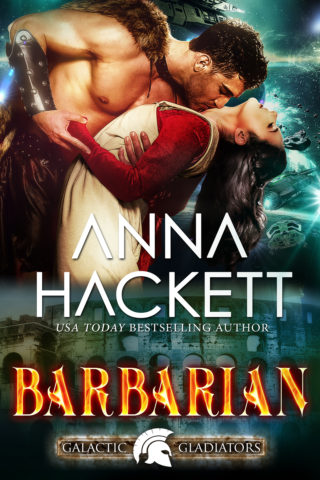 Barbarian (Galactic Gladiators #6) Formats available: ebook
Barbarian (Galactic Gladiators #6) Formats available: ebook  One thing that makes this series so much fun is that the pattern can be stretched indefinitely without feeling too stretched. The
One thing that makes this series so much fun is that the pattern can be stretched indefinitely without feeling too stretched. The 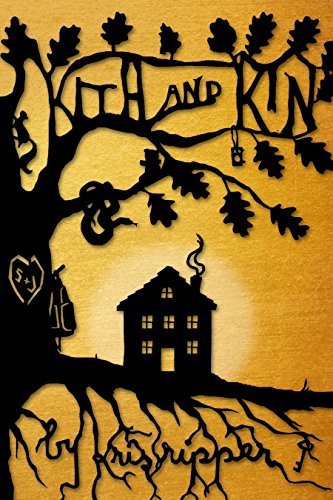 Kith and Kin by
Kith and Kin by 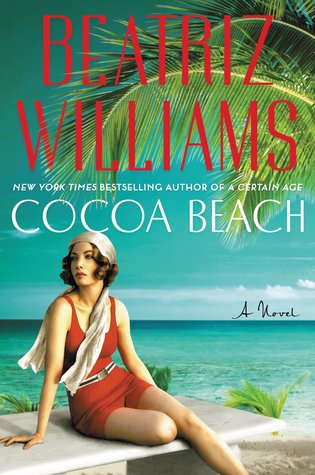 Cocoa Beach by
Cocoa Beach by 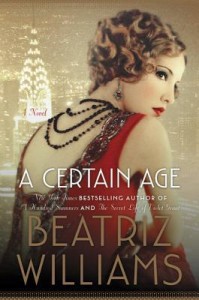 The story of this Cocoa Beach is set loosely within the sequence of Williams’ other novels. They are all set in Prohibition-era America and feature at least some of the same set of wealthy and ill-fated people. In the case of Cocoa Beach, the heroine of this story is Virginia Fitzwilliam nee Fortesque, the sister of Sophie Fortesque, one of the heroines of
The story of this Cocoa Beach is set loosely within the sequence of Williams’ other novels. They are all set in Prohibition-era America and feature at least some of the same set of wealthy and ill-fated people. In the case of Cocoa Beach, the heroine of this story is Virginia Fitzwilliam nee Fortesque, the sister of Sophie Fortesque, one of the heroines of 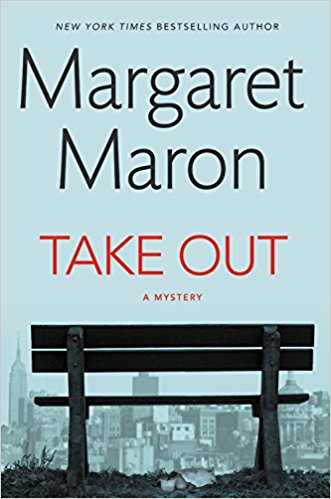 Take Out by
Take Out by  Also a distinct difference. I read all of the Sigrid Harald series, starting with
Also a distinct difference. I read all of the Sigrid Harald series, starting with 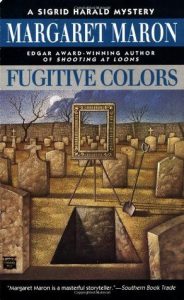 At the same time, it’s been a LONG time since Fugitive Colors was published in 1995, the same year that Naked in Death (the first Eve Dallas book) was published. And as fascinating as the mystery in Take Out is, it also felt as if there was a definite strain in the story as the author needed to catch up new readers (and remind old ones) of just who all these characters were and why they mattered to Sigrid. Those explanations were both utterly necessary and took away from the rising tension of the mystery.
At the same time, it’s been a LONG time since Fugitive Colors was published in 1995, the same year that Naked in Death (the first Eve Dallas book) was published. And as fascinating as the mystery in Take Out is, it also felt as if there was a definite strain in the story as the author needed to catch up new readers (and remind old ones) of just who all these characters were and why they mattered to Sigrid. Those explanations were both utterly necessary and took away from the rising tension of the mystery.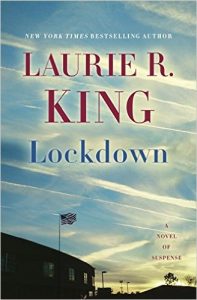 After my review of
After my review of 
 Current Giveaways:
Current Giveaways: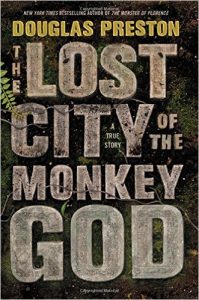 Blog Recap:
Blog Recap: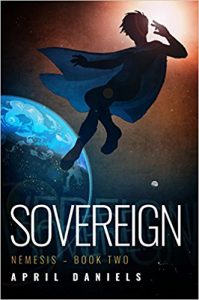 Coming Next Week:
Coming Next Week:








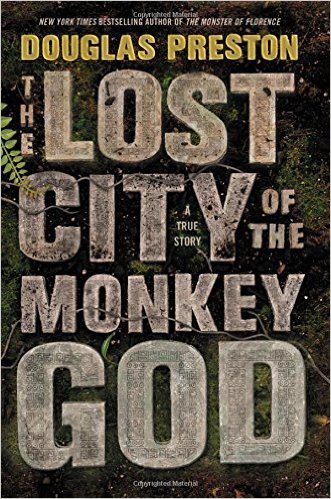 The Lost City of the Monkey God: A True Story by
The Lost City of the Monkey God: A True Story by 
 The Light In Summer by
The Light In Summer by  The
The 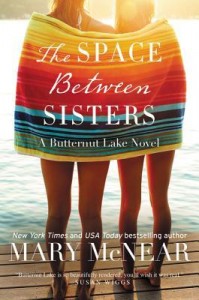 I’m still looking forward to more in this series, but for this reader, The Light in Summer didn’t have nearly enough romantic heat. Your reading mileage may vary. But if you are looking for an entry in this series that does a much better blend of family drama with romance and small-town feels, go back to
I’m still looking forward to more in this series, but for this reader, The Light in Summer didn’t have nearly enough romantic heat. Your reading mileage may vary. But if you are looking for an entry in this series that does a much better blend of family drama with romance and small-town feels, go back to 
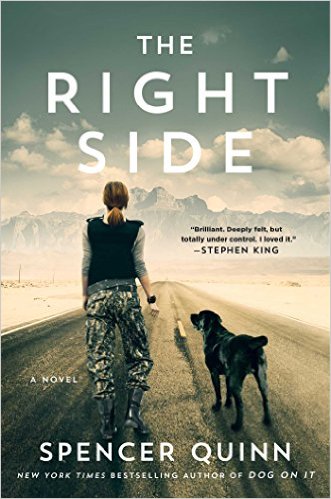 The Right Side by
The Right Side by